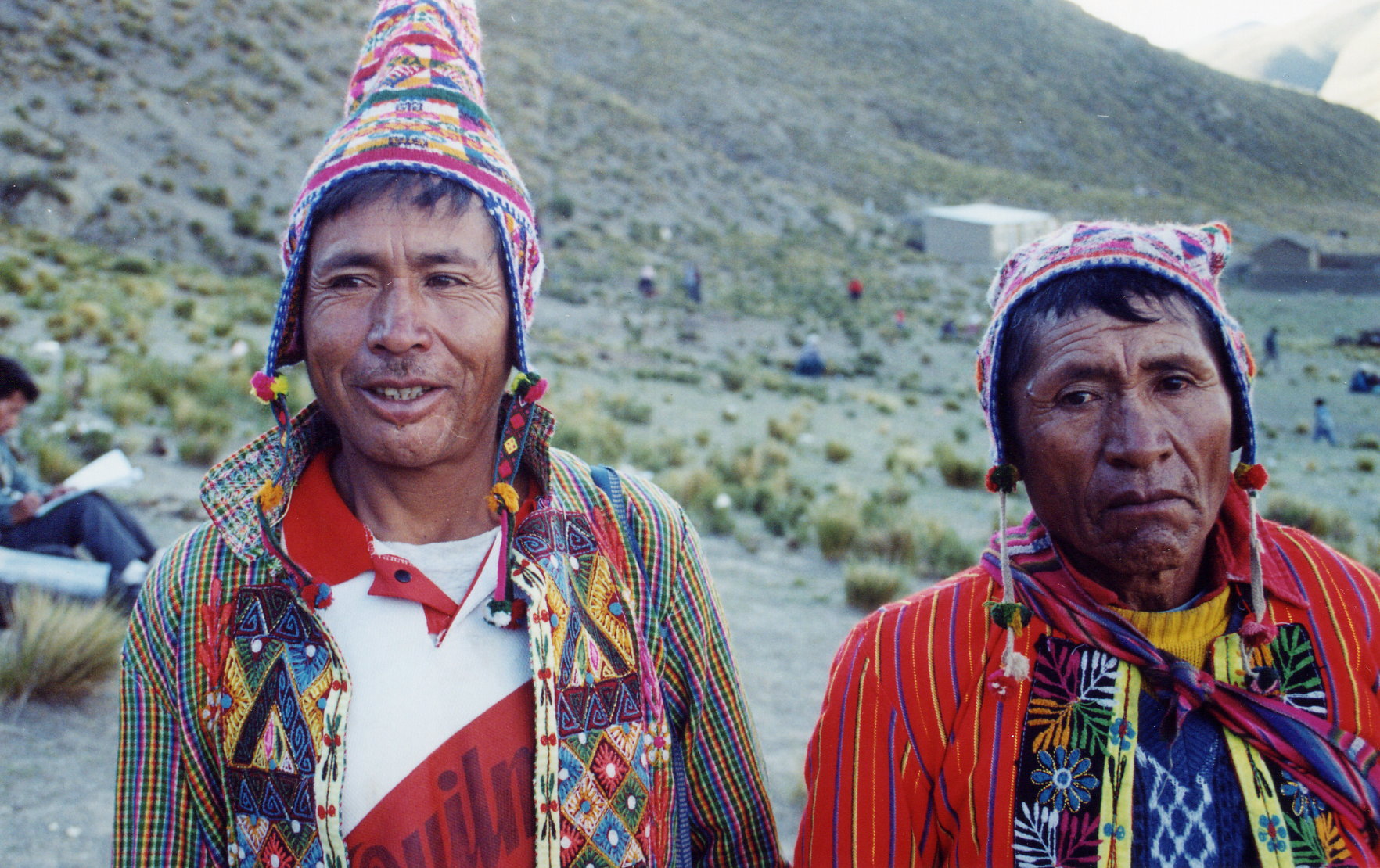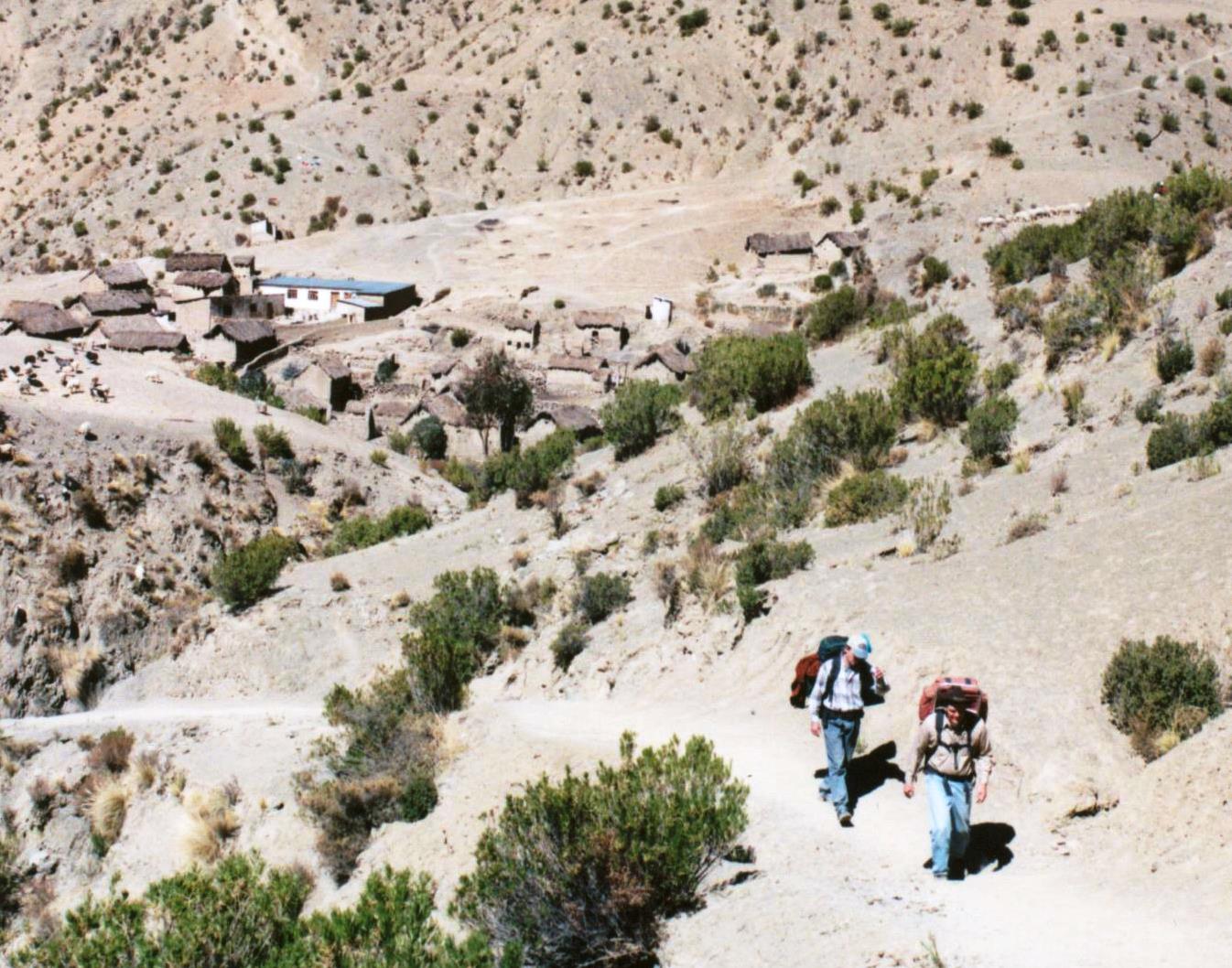The don´t do list
My buddies and I have developed certain fishing protocols over the years. As when dealing with European royalty, our rules address things you should not do, blunders that can make life awkward, embarrassing, or worse, expensive.
Here are a few top items on our Don’t-Do List.
1. Don’t buy a license.
I’m aware that this sounds sneaky and perverse to honest sporting folk, so let me explain.
When I first arrived in Bolivia, I set out to buy a fishing license. It took a fair bit of legwork to find out which public office might sell me one. I went down there, explained to the public official who I was and asked what I needed to do to fish legally.
He answered with a blank stare. A couple more explanations later, the official understood that I did not plan to sell the fish I caught. “You don’t want a commercial fishing license then?” was his question.
“No, sir.”
He drummed his fingers on his desk for a bit, then said, “Come back tomorrow and bring a recent photograph.”
That sounded about right. One never does anything official in Bolivia without coming back a second time with a recent photograph. So, I did. The official pasted my photo on a card, affixed my name and a government stamp, took my money and I was good to go.
The next year, I went back to the same office and requested a fishing license from the same official. Same blank stare. Then something jolted his memory. He pulled out a card, pasted on my photo and . . . well, you get the picture.
By now, you also have figured out, as I did, that my money was not being spent to protect Bolivia’s wildlife. Sporting folk all over the world are willing to pay big bucks for fishing rights because they know that the fees go to sustain healthy habitat. Bolivia, unfortunately, is not quite there. So for the time being, we are saving our money.
2. Don’t argue with the locals.
You may not need a government-issue license to fish in Bolivia, but you do need permission. This you obtain from the Quechua-speaking campesinos who live in the high altitudes and stock the lakes with trout. (See Blog 2, Where to find them.)
The good news is, you won’t need a recent photograph and you will not be required to return a second time. The bad news is, you could be told to get lost and never ever come back. My buddies and I have heard rumors of campesinos slashing the truck tires of uninvited strangers who insist on fishing their lakes without permission.
We have never personally encountered this kind of animosity. On those few occasions when we have asked permission to fish their lakes, offering to pay for the privilege as well as for the fish we catch, campesinos have readily agreed.

If you speak fluent Quechua like my friend Bentley, campesinos can be downright cordial. I recall one conversation with Quechua elders that not only secured full, free fishing rights for us, but ended with them asking Bentley to be godfather to a newborn in the community. He discreetly declined.
3. Don’t ask directions.
Speaking of Bentley, I should mention that he knows every trout lake in our part of the Andes. Years ago before GPS, he invested in a set of military maps that showed where these lakes are. Over the decades, he has fished nearly every one of them. Bentley knows which are worth the hike, as well as how to get there.
Such knowledge is important. No, it’s essential, because even if you can locate these lakes with GPS, you won’t know which ones are worth the hike.
Experience has taught us that asking campesinos directions to a lake is not a good plan. The typical reply is “Ah, está cerquita, atrasito de ese cerrito.” Loosely translated, this means, “Oh, it’s very close, just over that little ridge over there.” Hours later, the little ridge still looms faraway on the horizon and the lake is nothing but a distant dream.
Andean campesinos grossly underestimate distances. I have concluded that this is due to lung capacity. Their bodies are physiologically adapted to the high altitude. They can travel much farther on less oxygen than any visiting gringo.
You will prove this, macho young man, if you ever find yourself huffing along a mountain trail gasping for breath and an 80-something granny passes you like you’re standing still. I proved this over and over to myself, in fact, when I was still a macho young man.

4. Don’t get complicated.
Andes trout are not picky eaters so you don’t need to break the bank to buy bait. If you use edible bait, earthworms do the trick. Salmon eggs don’t. Salmon eggs work great in California but attract no attention whatsoever in Bolivia.
I know this because I once brought a jar of salmon eggs from California to Bolivia. I tried them in several good trout streams with zero results. Finally it dawned on me that Bolivia is a land-locked country in the heart of South America. Chances are slim to none that a trout born here will ever cross paths with a salmon. Well, duh.
As mentioned before, your tackle box need be no bigger than your coat pocket to carry all the hooks, sinkers, nymphs and spinner baits you will ever need (See Blog 6, Casting for success).
5. Don’t show your stuff.
We suggest you keep your tackle box in your coat pocket and out of sight whenever you’re around campesinos. If you don’t, you should be prepared to barter. The locals will offer to trade you what they have for what they see in your tackle box. Mostly what they want to trade is chuño, freeze-dried potatoes. If that doesn’t sound like a deal to you, I totally agree.
Please understand that Andes dehydrated potatoes bear no resemblance whatsoever to anything at your local grocery. A dull charcoal color through and through, chuño offer little in the way of vitamins, protein or taste. You can boil these puppies for hours and they still crunch between the teeth. Believe me, there is a reason why chuño has not become a popular international cuisine like, say, pad thai or spaghetti and meatballs.
I used to feel guilty about refusing to barter, until once a Quechua woman practically demanded that I give up my shiny Mepps for her chuño. “Why do you want these spinners?” I finally asked in exasperation. “You don’t even have a fishing pole.”
“Fishing pole?” she said with an air of disdain. “I don’t care about fishing. These things make great earrings!”
These are enough don’t-do’s for now. I don’t want to cast gloom on a sport I love by majoring on negatives.
It is a sad fact that strict religious folk have cast gloom on Christianity by reducing the Faith to a list of don’t-do’s. I did. When growing up in the rural U.S., my religion was regulated by an unbending creed: “I don’t drink, smoke or chew, or go with girls that do.”
When I met Jesus personally and found the joy of walking with Him daily, it was downright exhilarating. I had so much fun getting to know and obey Christ that I no longer thought much about creeds and such.
Jesus bumped up against strict religious folk all the time. In His day, they were called Pharisees and their list of don’t-do’s could have filled the Encyclopedia Britannica.
Pharisees were so focused on not doing things wrong that they seldom did anything right. Jesus called them out on this more than once. “Woe to you Pharisees! For you tithe mint and rue and herbs of all kinds, and neglect justice and the love of God” (Luke 11.42).
I think it’s safe to say that justice and love pretty much cover God’s To-Do List. It’s really a quite simple list and Jesus lays it out in terms that even strict religious folks can understand, if they set their minds to it. He calls it The Great Commandments.
“You shall love the Lord your God with all your heart, and with all your soul, and with all your mind. This is the greatest and first commandment. And a second is like it: You shall love your neighbor as yourself” (Matthew 22.37-39).
Try doing this for even one day and I guarantee you will have neither time nor energy left over for doing wrong.
By the way, do you see any don’t-do’s in these Commandments?
Me neither.
Next time: Twice caught

